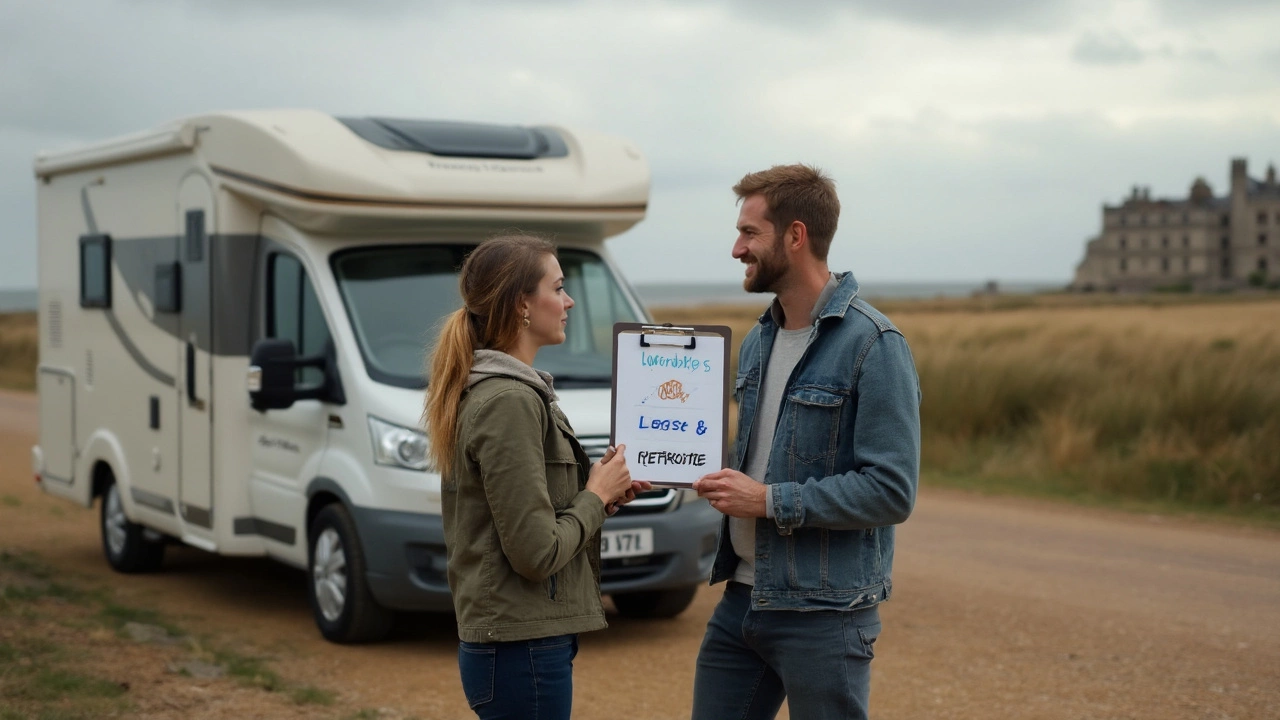Buying RV Land: Practical Tips and What to Expect
If you’re dreaming of a place where you can park your motorhome whenever you like, buying land might be the answer. It sounds simple, but there are several things you need to check before you sign anything.
Check Zoning and Permissions
The first step is to find out what the local council says about the land. Some areas allow RVs only for short stays, while others let you live there full‑time. Look for the term "caravan site" or "motorhome" in the planning documents. If the land isn’t already designated for that use, you’ll need to apply for a change of use, which can take weeks or months. Don’t skip this step – you don’t want to discover later that you can’t legally park your RV.
Assess Utilities and Access
Next, think about water, electricity and waste. Does the plot have a mains water connection? If not, can you drill a well or set up a rain‑water system? Electricity may be available from a nearby pole, but you might need a separate meter or a generator. Waste disposal is crucial – you’ll need a legal dump point or a septic system approved by the council. Also, make sure there’s a proper road that can handle a motorhome’s weight. A gravel drive might be fine, but a steep, narrow lane could be a problem.
While you’re on the ground, walk the site. Look for level ground, good drainage and enough space for slide‑outs and awnings. If the land is too hilly, water could pool around your RV and cause damage.
Understand Costs and Financing
Land prices vary widely based on location. A plot near the coast will cost more than one inland. Add on extra expenses like planning permission fees, utility hookups, and any earth‑moving work. Some buyers finance the land with a specialized loan, but many lenders treat it like a regular mortgage, which means you’ll need a decent deposit and a solid credit score.
Don’t forget annual costs – council tax, insurance and any site maintenance fees. Write these into your budget so the price doesn’t surprise you later.
Do Your Due Diligence
Before you hand over any money, get a full title check. Make sure there are no hidden easements, rights of way or environmental restrictions. A land survey will show the exact boundaries and any encroachments. It’s worth hiring a solicitor who knows property law and RV-specific issues.
Ask the seller why they’re selling. If they’re moving on, they’ll likely have useful information about the land’s quirks. If the land has been used as a campsite before, you may already have access to things like a communal washroom or a waste dump.
Plan for the Future
Think about what you want the land to be in five or ten years. Do you plan to expand with extra RV spots or add a tiny house? Check the local development plan – some areas have restrictions on building new structures. If you’re buying as an investment, research the demand for RV parking in the region. High‑traffic tourist spots can bring rental income, but they also attract more regulation.
Finally, keep a copy of all paperwork, permits and receipts. Good records make it easier to sell or upgrade the land later.
Buying RV land is a big step, but with the right research you can avoid costly mistakes and enjoy a home base that fits your lifestyle. Use this checklist, stay patient with the planning process, and you’ll be on the road to a spot you can truly call yours.
Is Buying an RV Lot a Good Investment? Real Facts You Should Know
Thinking about buying an RV lot? This article breaks down the pros and cons, from costs to real returns. Learn what to look for, common pitfalls, and some surprising facts that can affect your wallet. Get straight talk on buying in hot spots, renting out your lot, and long-term outlooks. It's everything you need to know before you sign that dotted line. No sugarcoating—just practical info to help you make a smart move.
